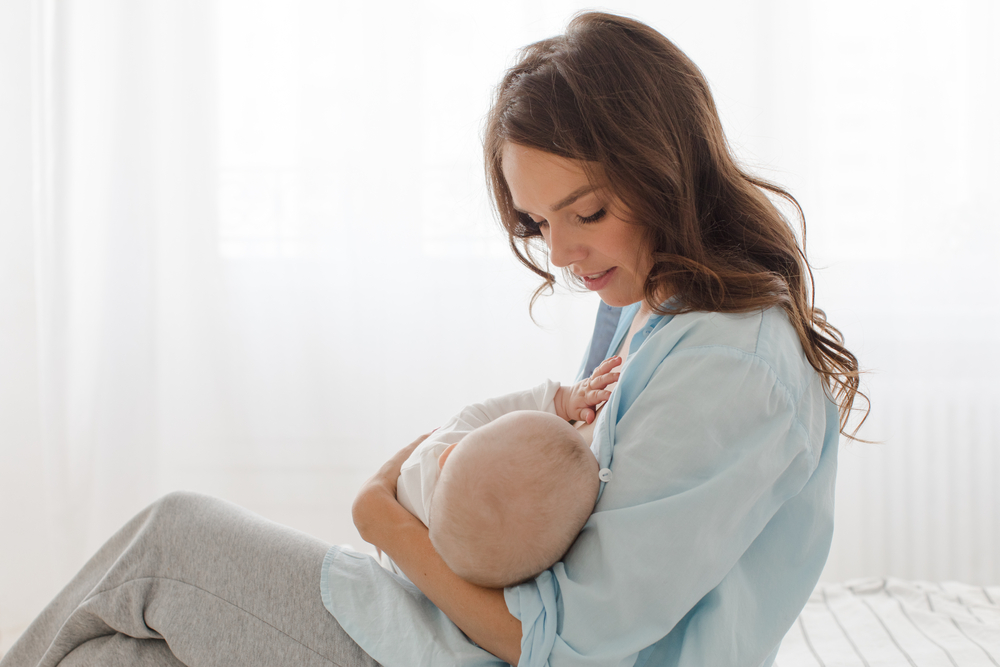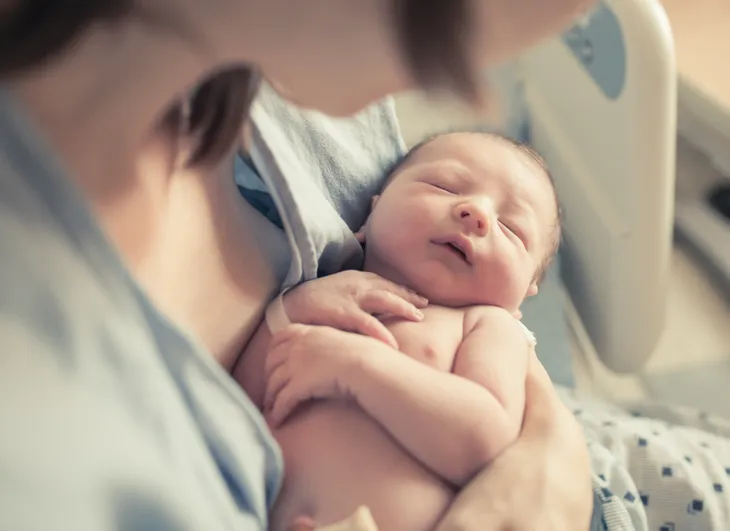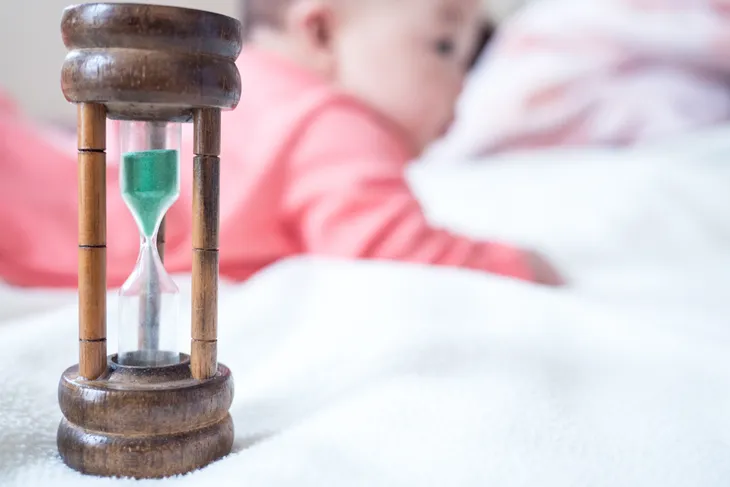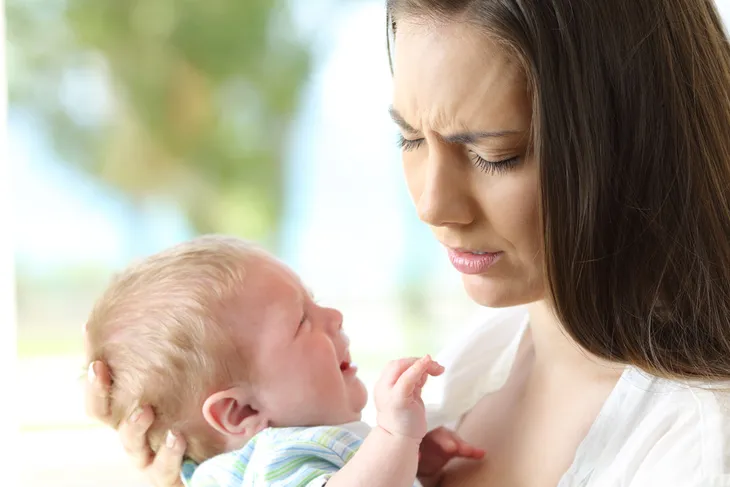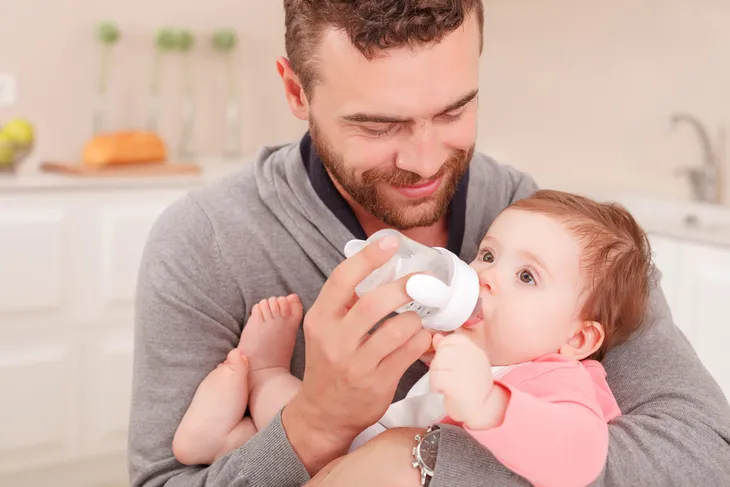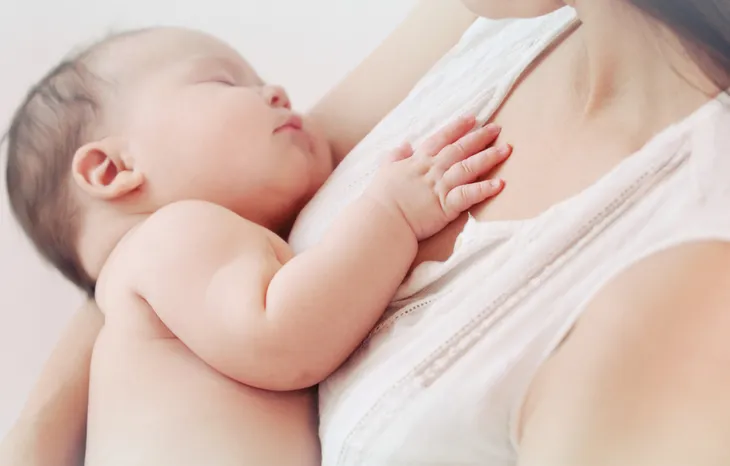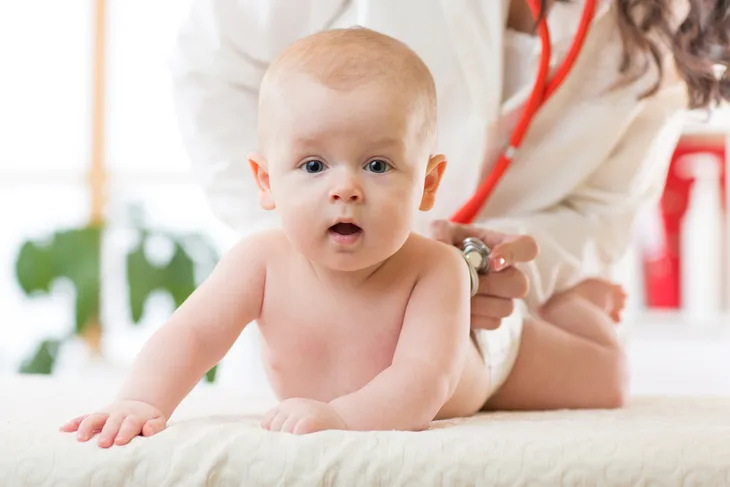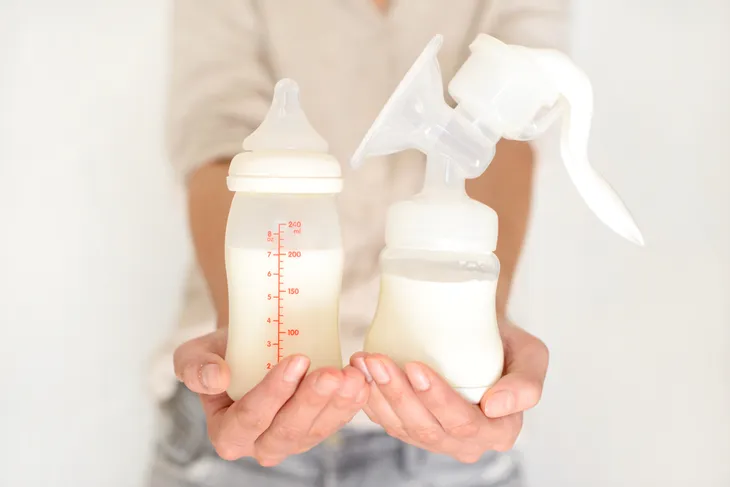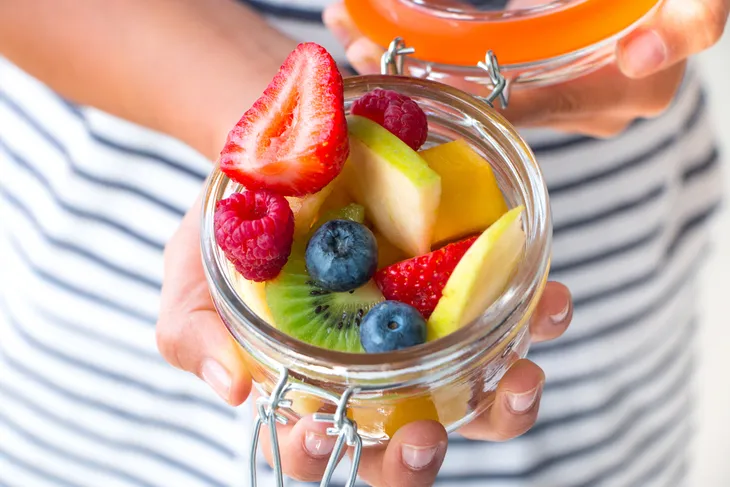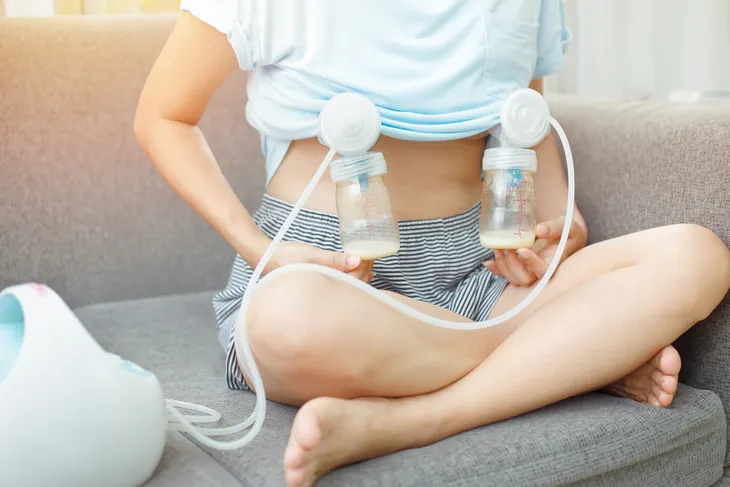New moms are often met with a ton of breastfeeding myths and downright hurtful misinformation when it comes to nursing their newborns. Unfortunately, these false claims, many made by out-of-date or ill trained doctors, cause new moms to quit breastfeeding out of frustration or wean prematurely.
We’re hoping to dispel the false information with the top 11 breastfeeding myths…
1. Bonding With Your Baby
Breastfeeding is easy and natural for some new moms and newborns. However, it’s difficult and heartbreaking for others. And then there are moms who decide to forgo breastfeeding altogether. Just like any healthy relationship, it should only be done if it’s natural and only for as long as both mom and baby desire to.
2. You Need a Breastfeeding Schedule
New moms know the frustration of maintaining a breastfeeding schedule. Oftentimes baby is fussy and won’t feed. The good news is the amazing thing about babies is that they nurse on cue, which means they self-regulate their milk intake to ensure you produce an adequate milk supply.
3. Breastfeeding the Right Way Never Hurts
Sure, if your baby latches on properly breastfeeding shouldn’t hurt. But considering newborns nurse a lot and nipples get sore and raw—breastfeeding darn well hurts when your nipples are tender and sore.
4. Breasts Need to Fill up Before You Breastfeed
If you wait to breastfeed until your breasts are engorged, firstly, you’ll be very uncomfortable, and secondly, engorged breasts mean that your body is overproducing milk. If you wait until they’re full, you waited far too long and the body will produce less milk as a result, limiting breast milk production.
5. Using Bottles and Pacifiers Will Cause Nipple Confusion
While some moms forgo bottle feeding all together; other moms have no control if baby won’t latch onto the breast. You’re lucky if your baby isn’t choosy when it comes to nipple vs. bottle, but don’t let that make you feel guilty if your baby won’t latch.
6. Don’t Breastfeed Until You Produce Mother’s Milk
Breast milk known as “mother’s milk” starts producing between 2 and 5 days post-birth and many women believe that the pre-milk, or colostrum, is dangerous for newborns. Not true; colostrum is rich with nutrients, antibodies, and calories that are healthy for newborns.
7. Your Doctor’s Breastfeeding Advice is Law
It may surprise you, but doctors don’t always know best when it comes to breastfeeding. In fact, many offer out-of-date information and haven’t even received any breastfeeding training. We’re not telling you to ignore your doctor altogether, just get a second opinion from a lactation consultant or another doctor if the advice seems misinformed.
8. Preemies Should Always Be Formula Fed
True preemies require special formula if you’re not breastfeeding them. However if you are breastfeeding, your breast milk will tailor itself to your premature babies—producing extra phosphorus to help them gain weight.
9. If You Don’t Eat Healthy, Your Breast Milk Will Be Unhealthy
During pregnancy and post-pregnancy an unbalanced diet will cause undernourishment for you before it affects your baby. Women’s bodies are designed to reproduce and nourish offspring. So your milk will be little affected by your diet alone (unless you abuse alcohol, tobacco, or drugs).
10. Always “Pump and Dump” After a Drink
Really, pumping and dumping after a glass of wine does little to eliminate alcohol from breast milk. The truth of the matter is that alcohol in breast milk mimics blood alcohol so it will be present in your breast milk about an hour after drinking when it’s eliminated via the breast milk just like it is in the bloodstream.
11. When Milk Dries Up, You’ll Never Produce Again
Not true, actually many women can produce milk after time away from their baby. Relactation, or producing milk again after an extended period, is possible.
For more relevant articles, check out:
